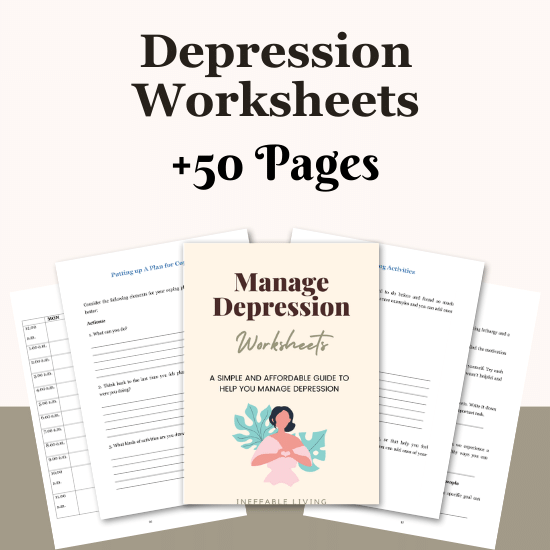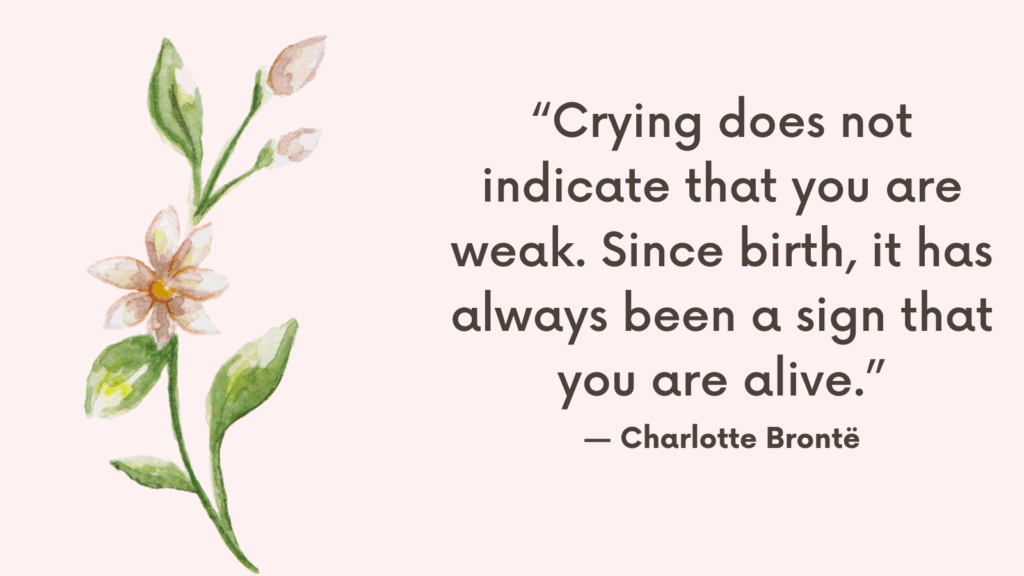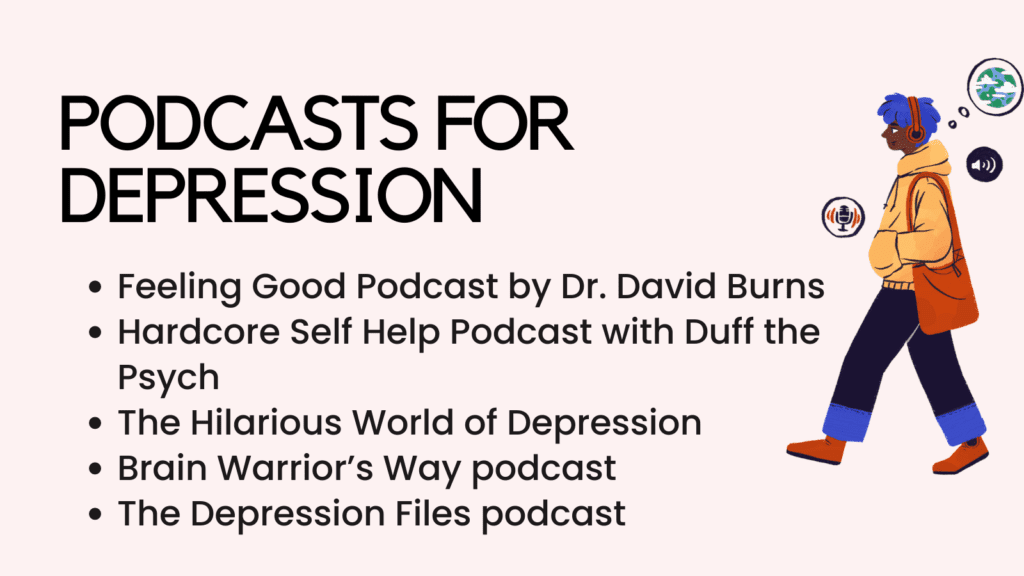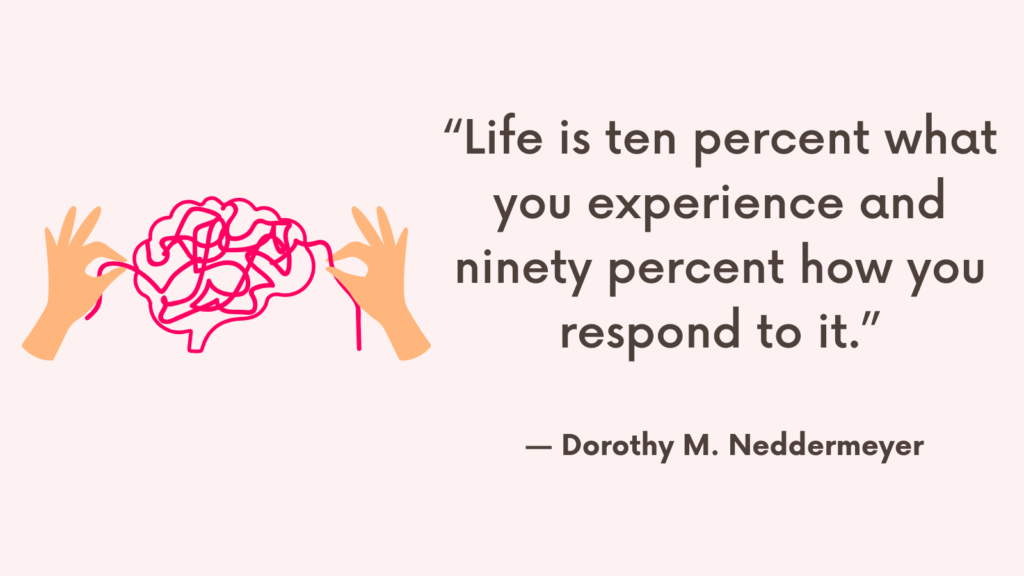When you’re depressed, even the simplest tasks—brushing your teeth, making food, getting out of bed—can feel overwhelming. The weight of low energy, mental fog, and self-criticism makes basic self-care feel impossible. The key is to shift your approach from perfection to compassion, and to move in micro-steps without shame.
Why Depression Makes Basic Tasks Feel Overwhelming
1. Low Energy Levels – Depression often causes fatigue, making even simple physical actions like getting out of bed or brushing your teeth feel exhausting.
2. Negative Self-Talk – Thoughts like “I’ll fail anyway” or “What’s the point?” create mental resistance, making tasks feel heavier than they are.
3. Physical Slowness – Depression can slow down your body’s movements and reactions, making basic activities feel like they take much more effort.
4. Overwhelm and Brain Fog – Difficulty focusing or organizing thoughts turns small tasks into overwhelming challenges.
5. Emotional Weight – Guilt, shame, or sadness tied to everyday tasks can make them emotionally draining and easy to avoid.
6. Fear of Failure or Judgment – Even minor tasks can trigger fears of doing something wrong, leading to avoidance or paralysis.
Related: High Functioning Depression Test (+Effective 3-Step Guide To Overcome High Functioning Depression)
How to Do Basic Tasks When You’re Depressed (Without Shame)?
1. Reframe Tasks as Acts of Care, Not Obligation
Instead of thinking “I should do this,” try:
“This is one small thing I can do to support myself today.”
Shifting the intention turns routine into quiet self-respect, not punishment.
2. Break Tasks Into the Smallest Possible Steps
Don’t think “clean the kitchen”—think:
- Stand up
- Walk to the sink
- Turn on the tap
Micro-tasks reduce overwhelm and create momentum through movement, not motivation.
3. Use the “Half-Energy” Method
If you can’t shower, wash your face. If you can’t cook, eat something cold and ready. Doing the minimum version of a task still counts. It builds consistency without expecting full energy.
Related: Top 10 Signs of Silent Depression
4. Give Yourself Permission to Do Things Imperfectly
Depression often paralyzes you with the idea that it has to be done well or not at all. Replace this with:
“Done is enough.”
The goal is movement, not mastery.
5. Use Gentle External Prompts
Set reminders on your phone, leave notes for yourself, or ask someone to text you:
“Did you eat something?”
Kind external cues can help bridge the gap when internal motivation is low.
6. Choose Just One Anchor Task
On your hardest days, pick one thing to do—just one. Whether it’s brushing your teeth or drinking a glass of water, anchoring to one task makes the day feel less directionless.
7. Don’t Wait to Feel Like It
Depression numbs desire. The motivation often comes after action, not before. Say to yourself:
“I don’t feel like it, but I can do it anyway—just for 30 seconds.”
Related: What is Anxious Depression?
8. Talk Back to Shame
When your inner voice says, “You’re lazy,” or “You should be doing more,” answer with:
“I’m doing the best I can. That is enough for today.”
Self-kindness disrupts the shame spiral and preserves energy.
9. Use Body Double Techniques
Do tasks on a video call with a friend, or listen to a podcast while folding laundry. Feeling accompanied—even virtually—reduces the isolation that depression magnifies.
10. Keep Essentials Visible and Easy
Place snacks, hygiene items, and medications within easy reach. Reduce steps between you and the task. Accessibility lowers resistance.
11. Rest With Intention
Instead of zoning out for hours and feeling worse, try intentional rest:
“I’m lying down to give my body a break, not to escape.”
This small shift reduces guilt and reinforces that you’re actively caring for yourself.
Related: The Silent Struggle: How to Manage Depression-Related Anger?

Conclusion
Depression demands gentleness, not shame. Doing basic tasks while struggling isn’t weakness—it’s incredible strength in motion. Start small, move slow, and speak kindly to yourself every step of the way.



